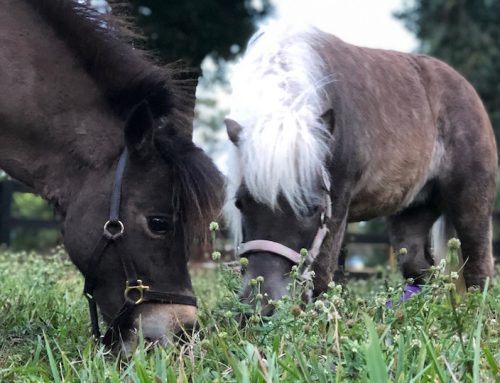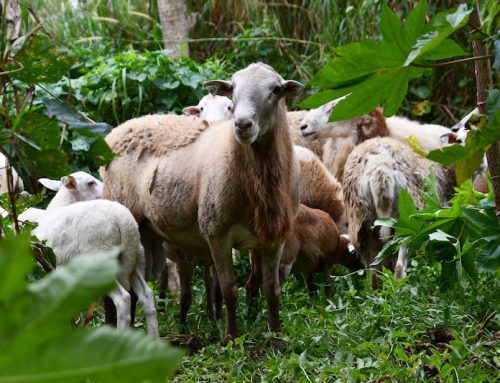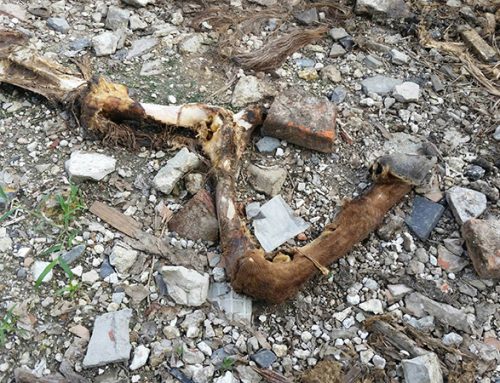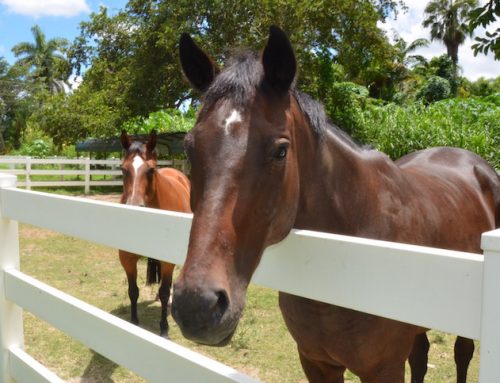 July 10, 2017 – This Wednesday, July 12, the U.S. House and Senate Appropriations Committees will decide if your tax dollars will be spent on the cruel and inhumane slaughter of American domestic and wild horses.
July 10, 2017 – This Wednesday, July 12, the U.S. House and Senate Appropriations Committees will decide if your tax dollars will be spent on the cruel and inhumane slaughter of American domestic and wild horses.
There are currently no horse slaughter plants in the U.S. because language in the annual federal spending bill prevents funding for USDA inspections of those facilities. Each year, horse advocates’ voices need to be heard by their legislators to keep that language in. If it is not included in the spending bill, the door opens to allow horse slaughter plants to open in the U.S.
This year, the stakes are even higher. For the first time, wild horses and burros are in danger of being sold off for slaughter in Canada and/or Mexico by the thousands, or shot in their pens instead of managing their population with humane birth control methods.
The votes are expected to be extremely close this year.
South Florida SPCA Horse Rescue urges all U.S. citizens to call their legislators (see lists below) and ask that they support the amendment to ban horse slaughter.
Dial the Capitol Switchboard at (202) 224-3121 and ask to be connected to their offices.
See suggested statements below.
Thank you!
HOUSE APPROPRIATIONS COMMITTEE MEMBERS
[one_half]Republicans
Rodney P. Frelinghuysen, New Jersey, Chairman
Robert B. Aderholt, Alabama
Martha Roby, Alabama
Steve Womack, Arkansas
Ken Calvert, California
David G. Valadao, California
Mario Diaz-Balart, Florida
Thomas J. Rooney, Florida
Tom Graves, Georgia
Michael K. Simpson, Idaho
David Young, Iowa
Kevin Yoder, Kansas
Harold Rogers, Kentucky
Andy Harris, MD, Maryland
John R. Moolenaar, Michigan
Steven Palazzo, Mississippi
Jeff Fortenberry, Nebraska
Mark E. Amodei, Nevada
David P. Joyce, Ohio
Tom Cole, Oklahoma
Charles W. Dent, Pennsylvania
Charles J. Fleischmann, Tennessee
John R. Carter, Texas
John Abney Culberson, Texas
Kay Granger, Texas
Chris Stewart, Utah
Scott Taylor, Virginia
Jaime Herrera Beutler, Washington
Dan Newhouse, Washington
Evan H. Jenkins, West Virginia[/one_half]
[one_half last=last]Democrats
Pete Aguilar, California
Barbara Lee, California
Lucille Roybal-Allard, California
Rosa L. DeLauro, Connecticut
Debbie Wasserman Schultz, Florida
Sanford D. Bishop, Jr., Georgia
Mike Quigley, Illinois
Peter J. Visclosky, Indiana
Chellie Pingree, Maine
C.A. Dutch Ruppersberger, Maryland
Katherine M. Clark, Massachusetts
Betty McCollum, Minnesota
Nita M. Lowey, New York
Grace Meng, New York
José E. Serrano, New York
David E. Price, North Carolina
Marcy Kaptur, Ohio
Tim Ryan, Ohio
Matt Cartwright, Pennsylvania
Henry Cuellar, Texas
Derek Kilmer, Washington
Mark Pocan, Wisconsin[/one_half]
[clear]
Suggested statement when calling your House rep:
“I am your constituent residing in [town and state]. I’m calling to urge Representative [your representative’s name] to support the amendment to ban horse slaughter in the Agriculture Appropriations bill. As a horse lover, I do not want my tax dollars subsidizing horse slaughter. It is cruel and wasteful. Thank you.”[clear]
SENATE APPROPRIATIONS COMMITTEE MEMBERS
[one_half]Lisa Murkowski, Alaska
Dianne Feinstein, California
Marco Rubio, Florida
Richard Durbin, Illinois
Mitch McConnell, Kentucky
John Kennedy, Louisiana
Susan Collins, Maine
Steve Daines, Montana[/one_half]
[one_half last=last]Tom Udall, New Mexico
James Lankford, Oklahoma
Jeff Merkley, Oregon
Lindsey Graham, South Carolina
Patrick Leahy, Vermont
Patty Murray, Washington
Joe Manchin, West Virginia [/one_half]
[clear]
Suggested statement when calling your senator:
“I am your constituent residing in [town and state]. I’m calling to urge Senator [your Senator’s name] to support language protecting wild horses from slaughter in the Interior Appropriations bill. As a horse lover, I do not want my tax dollars subsidizing this cruel and wasteful treatment of American icons. Thank you.”
SOURCE: American Society for the Prevention of Cruelty to Animals (ASPCA)
South Florida SPCA’s Position on Horse Slaughter
Inhumane Slaughter – No Better in Regulated U.S. Plants
Horse slaughter is not a form of euthanasia. It is inherently brutalizing to horses. Their skittish nature makes them extremely difficult to stun, using the preferred Captive Bolt method, which was never designed for use on horses. They often endure repeated blows to the head and sometimes are alive and kicking when hoisted up by a back leg to have their throat cut and during dismemberment.
Prior to the closure of U.S. horse slaughterhouses in 2007, USDA inspectors documented rampant cruelty violations in those plants – horses denied water, whipped in the face, and hit with electric prods. Many incidents of heavily pregnant mares giving birth to foals on the killing floor have been documented.
Even at a time of intense public controversy and scrutiny of this industry, government documents and undercover footage demonstrate that cruelty was rampant in USDA-inspected slaughter plants, despite hollow assurances from proslaughter organizations. USDA inspection documents and photos, obtained through a Freedom of Information Act request (FOIA Request 06-108) to the USDA, show horses with broken bones protruding from their bodies, eyeballs hanging by a thread of skin, and open wounds.
Slaughter is Not a Necessary Equine Management Solution
Sensible, thoughtful and vastly more humane solutions are readily available to manage equine populations. The solution lies in responsible breeding and ownership practices. These practices can be supplemented by the hundreds of equine rescue programs that re-home, retrain, and rehabilitate horses in need of homes. The overwhelming majority of horses slaughtered each year are healthy and in good condition — 92 percent, according to the USDA. These horses easily could have led full, productive lives in good homes had they not fallen victim at auction to kill buyers who outbid horse owners. To those who say the horse population in the U.S. will get out of hand, the numbers speak for themselves. The annual number of horses sent to slaughter was as high as 450,000 in the 1990s and as low as 42,000 five years ago with no resulting oversupply of horses.
Horsemeat is Not Safe to Consume
Horsemeat is dangerous to those who consume it. Because American horses are not raised for food, they are routinely administered numerous drugs, including phenylbutazone (bute, aka horse aspirin). The claim that the levels are too low to be dangerous have no basis in fact. Furthermore, bute is a known carcinogen with serious, long-term health effects. These drugs are so toxic to humans that the FDA bans their use for food animals.
Funding horse slaughter inspections would most certainly divert precious resources away from the inspection of food products that Americans actually consume in favor of establishing a toxic product that has no domestic appeal. The idea of slaughtering companion animals is unacceptable to the American people and will never be embraced. A 2012 national poll found that 80% of Americans support a ban on horse slaughter for human consumption.
The Ultimate Answer
The answer is not, and never will be, to return to subjecting our horses to abuse and unacceptable conditions at plants in the U.S. The answer is to ban horse slaughter and the export of horses for slaughter altogether and to provide our horses with a decent life and, when necessary, a decent death.



